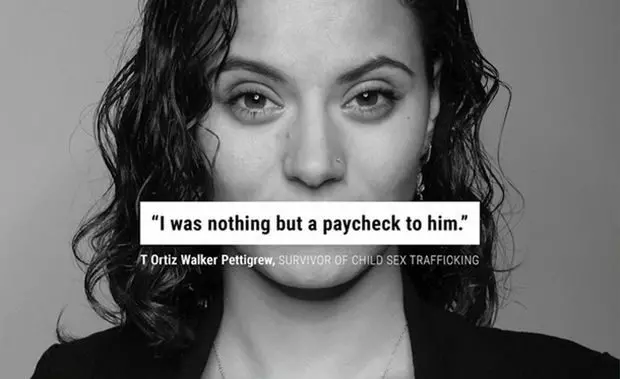
Human trafficking, particularly sex trafficking, has become an area of interest both in the general public and also within social work. As a result, attention, money, and resources are being allocated for this cause. The array of services needed for human trafficking survivors is complex, but one area that is not receiving enough support is in employment and training for survivors.
As Evelyn Chumbow, a survivor of domestic servitude and anti-trafficking activist stated, “There are times when I feel like screaming on behalf of all human trafficking survivors, we need jobs, not pity!”. I have served in the roles of both case manager and therapist for trafficking survivors. Across both roles, I have heard trafficking survivors express their exasperation and fear of not finding employment outside of the sex industry. What are the barriers?
Many sex trafficking survivors entered the sex industry at a young age, which likely resulted in a disruption in education. Because of this many did not have the opportunity to complete their high school degree.
Furthermore, many have criminal records that reflect prostitution charges. Expungement can be extremely complex to navigate. Many have no prior work history or spotty work history. All of these factors can make employment difficult to secure.
Survivors may also not feel comfortable with, or have success with, explaining their circumstances to a prospective employer. Finally, transgender trafficking survivors may face increased discrimination in employment due to barriers already described, but also as a result of their gender identity.
Employment can be a gateway for trafficking survivors to build independence. Traditional employment programs may not be a good match unless the staff is trained are well-trained on the particular employment issues that trafficking survivors may face and are able to find employment, sex trafficking survivors end up homeless or returning to the sex industry out of desperation to support themselves.
For those interested in helping sex trafficking survivors, consider how to help them in building job skills and obtaining employment. Some programs that serve trafficking survivors incorporate a jobs skills and employment component. One program that does a great job in this area is Thistle Farms, which was featured in the documentary A Path Appears.
While trafficking survivors may not have a traditional work history, they do have skills. They were able to survive their situation and have internal strengths. Despite the unimaginable circumstances they may have experienced, they have hope and want to support themselves and contribute. Many I have worked with have expressed a desire to make meaning of their experience and help others who have been trafficked.
At a recent conference held by the Thomson Reuters Foundation, many survivors voiced their need for skills training and employment. As one trafficking survivor stated, “Once we escape, there is a whole new hell…You can rescue us all you want, but what we need is an opportunity. We want jobs, we want education, we want choices”.




